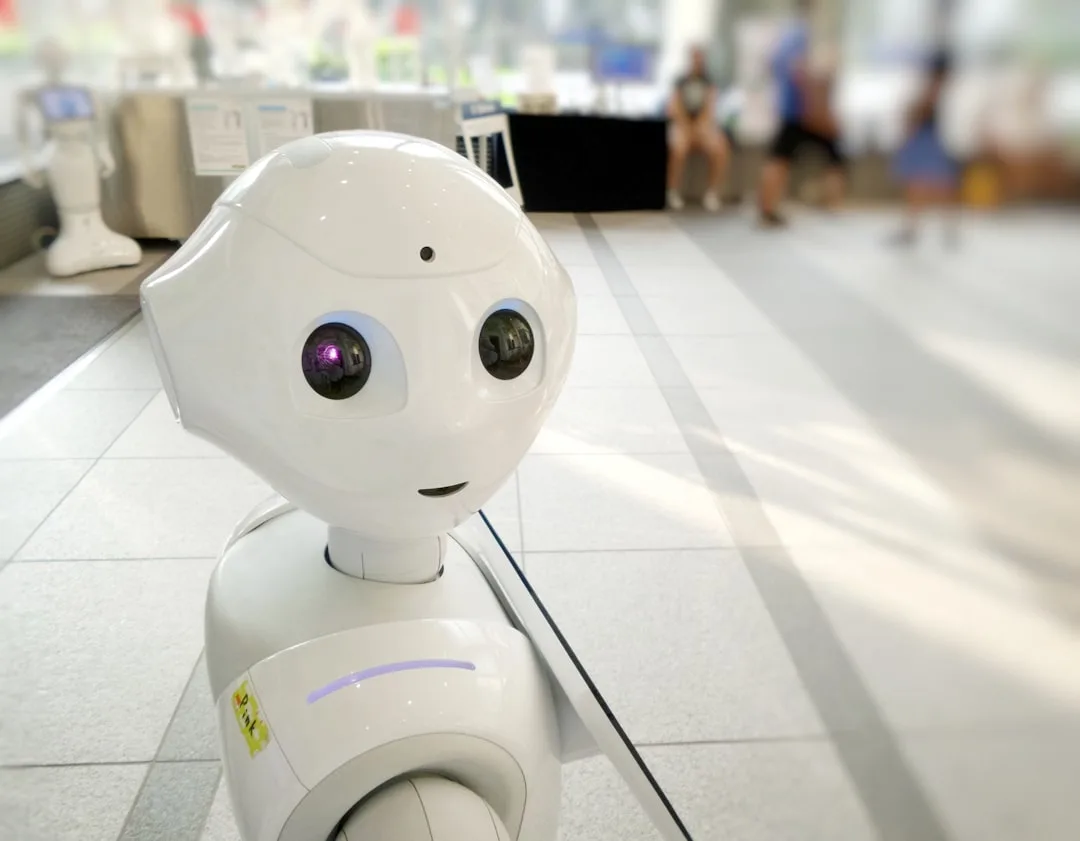
Newsletter Subscribe
Enter your email address below and subscribe to our newsletter

Enter your email address below and subscribe to our newsletter

In the rapidly evolving landscape of artificial intelligence, chatbots are emerging as pivotal players in transforming customer service. These AI-driven tools are not just a trend but a fundamental shift in how businesses interact with their customers. In this article, we delve into who is spearheading this revolution, the implications for various industries, and what the future holds for both companies and consumers.
The rise of AI chatbots is akin to the industrial revolution of the 21st century in customer service. Just as machines transformed manufacturing, AI is set to redefine how customer interactions are conducted. According to a recent report, companies are increasingly adopting chatbots to handle routine inquiries, allowing human agents to focus on more complex issues. This not only enhances efficiency but also improves customer satisfaction by providing quicker responses.
Several key players are driving the AI chatbot revolution. Companies like OpenAI, with their GPT models, are at the forefront, providing the underlying technology that powers many chatbots. Additionally, tech giants such as Google and Microsoft are leveraging their cloud services to offer comprehensive chatbot solutions to businesses.
Startups are also playing a crucial role, with companies like Ada and Drift offering specialized chatbot platforms that cater to different business needs. These companies are not just providing generic solutions but are tailoring their offerings to specific industries, ensuring that chatbots can effectively handle industry-specific queries and tasks.
The implications of AI chatbots for various industries are profound. In the retail sector, chatbots are revolutionizing how customer inquiries about products and services are handled. For instance, companies like H&M are using chatbots to assist customers with product recommendations and order tracking, thus enhancing the overall shopping experience.
In the financial services industry, chatbots are being used for everything from answering basic banking questions to providing investment advice. Bank of America has introduced its own chatbot, Erica, which helps customers manage their accounts and even offers personalized financial tips.
Healthcare is another sector where chatbots are making significant inroads. Platforms like Buoy Health are using AI to guide patients through symptom assessment and recommend care options, reducing the burden on human healthcare providers.
For more insights on AI and its impact on different sectors, check out our previous articles:
As AI technology continues to advance, chatbots will become even more integral to customer service. They will likely evolve to handle more complex interactions and tasks, potentially reducing the need for human intervention in many areas. However, this does not mean human agents will become obsolete. Instead, their roles will shift towards handling nuanced and empathetic interactions that require a human touch.
The future of customer service will be a hybrid model, where AI and human agents work in tandem to deliver exceptional service. Businesses that embrace this model are likely to see substantial improvements in customer satisfaction and operational efficiency.
For businesses looking to stay ahead of the curve, now is the time to explore AI chatbot solutions. Start by identifying routine customer service tasks that could be automated, and consider piloting a chatbot to handle these interactions. Platforms like Ada and Drift offer flexible solutions that can be tailored to meet specific business needs.
Additionally, keep an eye on emerging trends and innovations in AI technology. Joining beta programs or participating in AI-focused forums can provide valuable insights and help you stay informed about the latest developments in the field.
Finally, for further reading on the transformative power of AI chatbots, check out articles such as How AI Chatbots Are Transforming Customer Service and How AI ChatBots Are Transforming Customer Service in 2025.
By taking proactive steps now, businesses can position themselves to not only meet but exceed customer expectations in the AI-driven future of customer service.